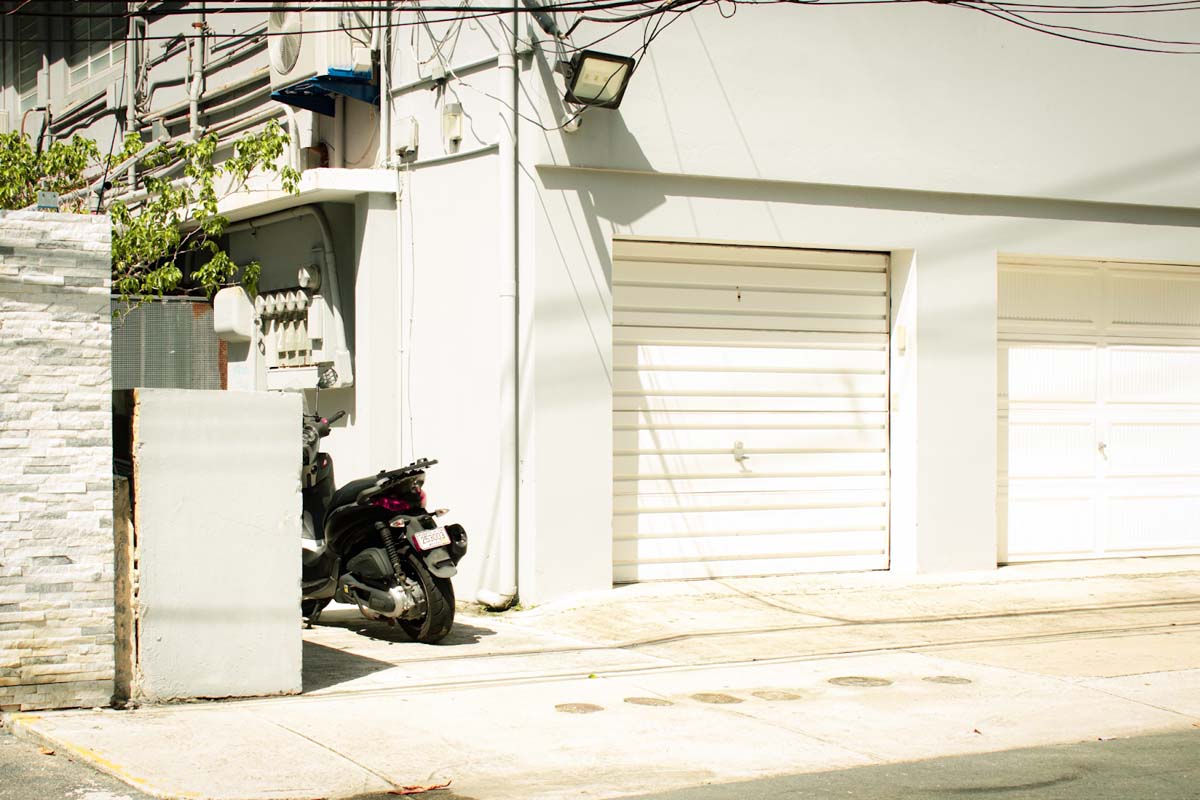Seasonal Renovations: How Timing Can Affect the Cost of Your Garage Makeover
Better Living uses affiliate links. If you make a purchase through them, we may receive a small commission (for which we are deeply grateful) at no cost to you.
Renovating your garage is a fantastic investment that transforms a basic storage space into a functional and appealing part of your home. However, the timing can significantly impact the cost and the project’s efficiency. Factors such as demand for services, weather conditions, and material availability all vary seasonally, which makes some seasons better than others for certain types of upgrades.


If your renovation plans include adding a new garage coating, for instance, timing is crucial. Coating applications rely on specific temperature ranges and low humidity to cure correctly. Understanding how each season affects different aspects of a makeover can help you make better decisions.
Winter
Winter is the least common time for makeovers, but it can offer substantial savings. Demand for contractors tends to drop, which lowers labor costs and creates opportunities for discounts on materials. If your garage is well-insulated or your renovation focuses on indoor work, winter can be a cost-effective season.
However, certain projects may be impractical during winter, especially those requiring ventilation or curing. Cold temperatures and high humidity interfere with tasks like painting. Indoor projects like storage installation or electrical work can often proceed smoothly, which makes winter a viable option for those specific renovations.


Pros of Winter Renovations
- Off-season discounts on labor and materials are often available.
- Contractors may have more flexibility in their schedules.
Cons of Winter Renovations
- Cold temperatures limit outdoor work and affect materials.
- Projects that involve painting, sealing, or curing may not be feasible.
Spring
As the weather warms up, homeowners are eager to tackle projects that were postponed during winter. This seasonal demand increase leads to higher costs for labor and materials, as contractors’ schedules fill up quickly.
If you plan to start the process in spring, it’s wise to schedule early to secure preferred contractors and possibly negotiate better rates. It is also an excellent time for upgrades like garage insulation, as it prepares your space for both hot and cold temperatures.
Pros of Spring Renovations
- Mild temperatures make it easier to work on ventilation and insulation.
- Longer daylight hours allow projects to proceed quickly.
Cons of Spring Renovations
- High demand may mean higher prices and limited contractor availability.
- Rainy weather in some regions may slow down work, especially for exterior improvements.
Summer
Summer’s warmer temperatures and generally lower humidity make it an ideal time for garage floor coatings and painting. These projects require dry conditions to cure properly, so summer weather often provides the most reliable environment for achieving a durable, high-quality finish.
However, the popularity of summer renovations means that prices for certain services can increase. Contractors are often in high demand, and material costs may rise.


Pros of Summer Renovations
- Ideal weather for curing coatings, painting, and epoxy applications.
- Low humidity and warm temperatures improve drying times for finishes.
Cons of Summer Renovations
- Increased demand leads to higher costs for materials and labor.
- Extreme heat in some areas can be uncomfortable for certain tasks, like installing insulation.
Fall
Fall is an ideal season for a makeover due to its balanced temperatures and lower demand compared to spring and summer. Contractors often have more availability, and prices for materials stabilize as the summer rush ends. Fall’s moderate weather is suitable for a range of projects, from applying garage coatings to upgrading storage.
Completing your makeover in the fall also prepares your space for winter, whether you need storage for seasonal items or a workspace that remains comfortable in cooler months. If you’re looking for a good balance between time, cost, and quality, fall is often a great choice.
Pros of Fall Renovations
- Moderate temperatures are perfect for both interior and exterior projects.
- Increased contractor availability can lead to competitive rates.
Cons of Fall Renovations
- Shorter daylight hours slightly extend project timelines.
- Waiting too long can bring unpredictable weather in some regions.
In Conclusion
If you plan to maintain and improve your space over time, consider how each project contributes to a long-term goal. Seasonal renovations allow you to spread out costs and make major upgrades easier. Starting with priority tasks each season, like insulation in winter or floor coatings in summer, lets you create a well-rounded, functional garage.
Focus on timing to make the most of each project and budget. Plan by season to ensure each upgrade is completed efficiently. Align your projects with the best seasonal conditions, and you will be able to achieve a makeover that is both convenient and built to last.

